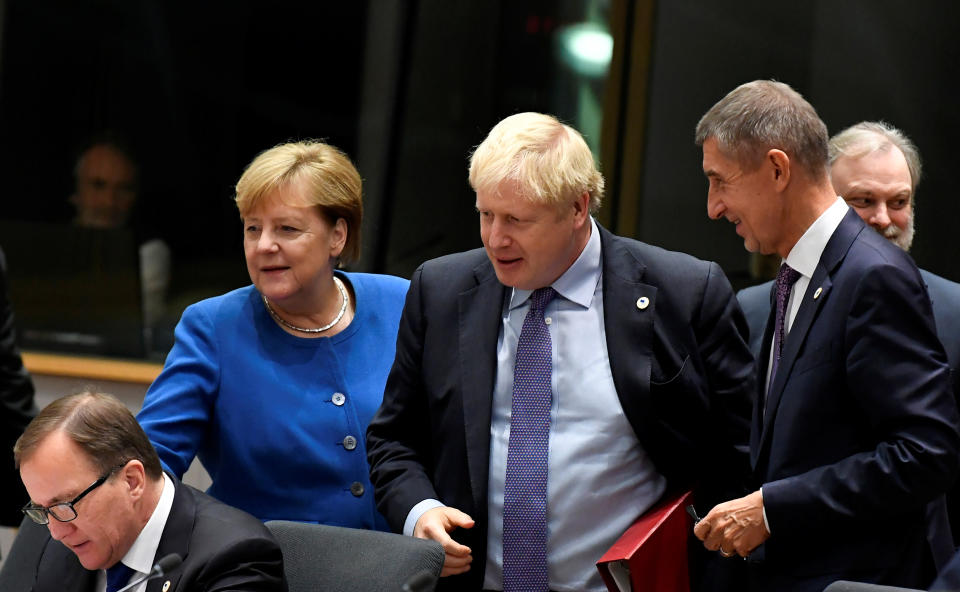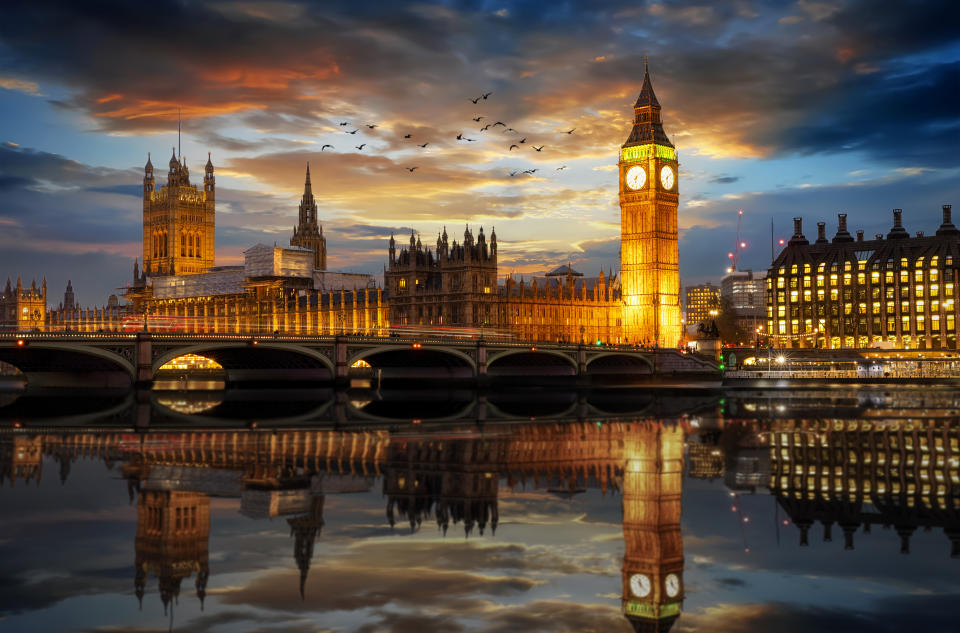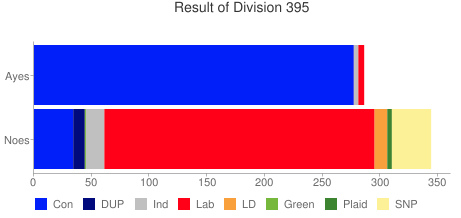What happens on Saturday now a Brexit deal has been reached?
Boris Johnson has secured a Brexit deal with the EU - but still faces an uphill battle to get it through Parliament.
The Prime Minister will put the deal in front of MPs in a special sitting of the House of Commons on Saturday.
The DUP - who has said it will not support the PM - is just one spanner in the works for the Prime Minister, with Labour, the Green Party and the Liberal Democrats also likely to oppose the deal.
So how will the Brexit endgame play out?
What time does it all kick off?
This Saturday’s sitting of Parliament will be the first time MPs have met at the weekend since the Falklands War in 1982.
It is expected that MPs will debate Mr Johnson’s Brexit from 9am. It is currently thought they will vote on the agreement at around 2.30pm - but it could drag on after that.
Commons Leader Jacob Rees-Mogg said on Thursday after the deal was confirmed: “(MPs) will have seen the motion on today’s order paper which, if approved, will allow the House to sit on Saturday.

“Subject to that approval and the progress of the negotiations, the necessary motions for the House to be considered on Saturday will be tabled before the rising of the House today.”
READ MORE
Johnson: I’d rather be dead in a ditch than delay Brexit
No-deal Brexit will cause food shortages, ports chaos and hard Irish border, claims government leak
What do the numbers look like?
The current make-up of the House of Commons is as follows:
Conservative 288, Labour 244, Independent 36, Scottish National Party 35, Liberal Democrat 19, Democratic Unionist Party 10, Sinn Féin 7, The Independent Group for Change 5, Plaid Cymru 4, Green Party 1, Speaker 1
Once non-voting MPs are taken into account, Mr Johnson needs the support of 320 MPs to get a deal through.
The last time Theresa May took her deal back to Parliament, she secured the support from 279 Conservative MPs. However, Mr Johnson has since expelled a group of Tories while others, such as Amber Rudd, have quit.
It is currently thought there are around 260 Conservative MPs whose support he can guarantee - which means he will have to find another 60 votes from somewhere else.

What problems does the PM face?
The DUP has said it will not support the deal.
The SNP, the Green Party, the Lib Dems, The Independent Group for Change and Plaid Cymru are also against the deal.
He also needs to secure the backing of the ERG - the group of hardline Tory Brexiteers who support is as crucial as the DUP. The ERG is made up of about 50 MPs, around 15 of whom have yet to vote for any version of Brexit.
That means, even if Mr Johnson were to secure backing from all Tory MPs, plus all the Tories he previously expelled from the party, he will still need a substantial number of Labour MPs to back him - possibly in the dozens.

So what about Labour?
The Labour leader has said of the deal: “From what we know, it seems the Prime Minister has negotiated an even worse deal than Theresa May’s, which was overwhelmingly rejected.
“This sell-out deal won’t bring the country together and should be rejected. The best way to get Brexit sorted is to give the people the final say in a public vote.”
However, not all Labour MPs - particularly those who represent constituencies that overwhelmingly backed Leave in the referendum - will toe the party line.
At least one, John Mann, has already said he will support the agreement on Saturday.
The most likely outcome at the bottom is that Mr Johnson will fall a handful of votes short, by around half a dozen.
So that’s it?
Not really.
There are two further complications.
Firstly, Boris Johnson has seemingly convinced Jean-Claude Juncker to publicly state that the EU will not agree to any extension. This means Saturday’s vote could effectively be a choice between Mr Johnson’s deal and No deal, which would significantly change the arithmetic because MPs would, grudgingly, be more likely to vote in favour of any deal that prevents the UK “crashing out” without anything in place at all.
Secondly, Labour is thought to be considering adding an amendment to the vote which would mean the deal would have to go back to the British public for sign-off in a second “confirmatory referendum”.
---Watch the latest videos from Yahoo UK---

 Yahoo News
Yahoo News 

